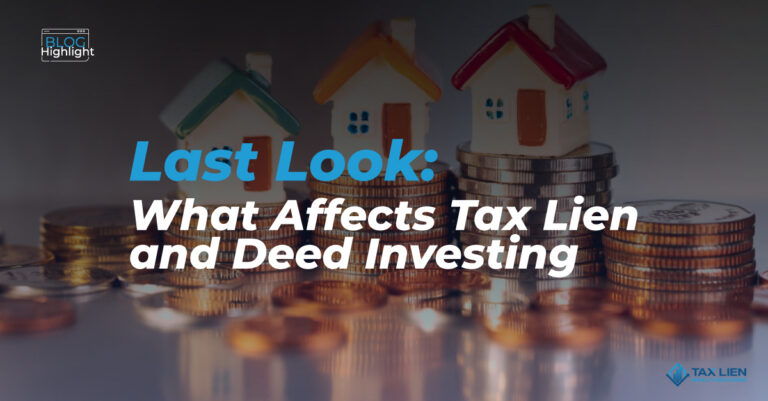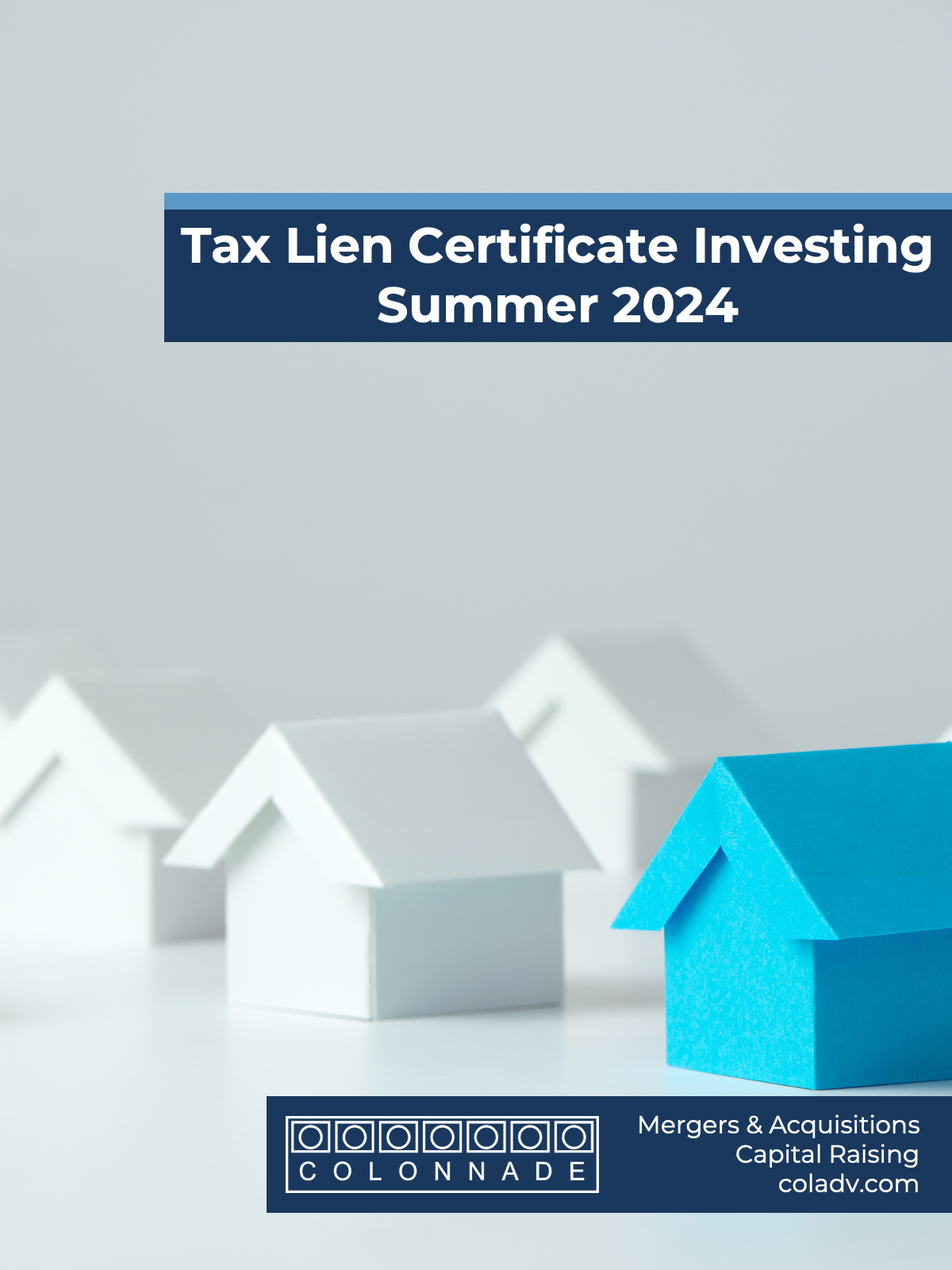All Categories
Featured
Table of Contents
Oftentimes, you will need to outbid various other capitalists by supplying to pay a greater premium (us tax liens investing). This premium is generally less than the real amount of tax obligations owed, yet it's up to the investor to decide if the threat deserves the collection benefit. In most areas, home taxes are around one percent of the residential property's worth

Tax obligation lien capitalists make their money on the passion settlements they collect when the property owner pays back the tax obligations they owe. In some locations, these rate of interest are as high as 18 percent, which is more than the typical charge card rate of interest. Homeowner can pay what they owe simultaneously, or they can take place a layaway plan varying from one to 3 years.
Tax Liens And Deeds Investing
In the above example, a person with a superior tax financial obligation of $4k (2 years of back tax obligations) would certainly be supplying a tax lien owner with possibly as much as $720 in rate of interest payments, collaborating with the 18 percent rates of interest we pointed out previously. One of the best benefits to tax lien investors is the prospective to get a new residential property for their real estate portfolio, without needing to pay its market value.

This is a strategy that numerous actual estate financiers utilize to acquire underestimated buildings or troubled properties. And if the property proprietor does pay their debts, they will certainly still earn a profit in the type of rate of interest. It's a great deal for the tax lien investor. There are some disadvantages to tax lien investing.
When the lien is paid, the investor has to carry on and try to find a brand-new investment. Obviously, if the homeowner is still in default, the lien holder will certainly get the residential property, which might end up being a repeating income source. A person that purchases a tax obligation lien might discover themselves entangled with other liens on the home, specifically if they end up declaring the home in case the financial debt goes overdue.
This can lead to lots of lawful fights, which is why it is essential to function with legal representatives and tax obligation advisors who recognize points like deed vs title. and can assist with performing due persistance on a home. The laws around tax lien investing (and related issueslike foreclosing on occupants) are not consistent throughout states that provide investors the capacity to join a tax lien sale.
Given that tax liens are usually cost auction, contending prospective buyers will bid up the premium and bid down the rate of interest that can be accumulated on the unpaid tax obligations. The victor of the public auction will certainly be the investor who is paying the highest costs and obtaining the cheapest rate of interest in return.
Tax Lien Investments
In this vein, tax obligation lien investing is a bit extra sport-like than standard easy ways of making revenue. The first thing you'll wish to do is obtain accustomed to the location you're taking into consideration in regards to the property market. Keep in mind that one upside of becoming a lienholder is gathering the property if the debt goes unsettled, so you will certainly require to recognize where that residential or commercial property is.
As soon as you've determined these information out, you need to contact your local area treasurer's workplace to learn when and where the next tax obligation lien public auction is being held. These public auctions are typically held in person, however in today's day and age, a number of have transitioned to on the internet places.

Many local documents publish these listings each year or semiannually. This can offer you a good idea concerning upcoming possibilities. Remember that real estate tax are typically one percent of the residential property worth, but unpaid tax obligations gathering over numerous years could be a more large amount. You can take advantage of your very own cash gets or explore alternatives like realty crowdfunding to obtain the capital you require.
How Do You Invest In Tax Liens
it has actually the included perk of acquiring the property if the debt remains unsettled. While it can be a rewarding opportunity for the capitalist, it does require some critical maneuvering. Renters and residential property proprietors do have lawful defenses that make tax obligation lien spending a much more involved process than just bidding to purchase a financial obligation and waiting to gather the repayment.
Buying tax liens involves purchasing a legal insurance claim on a residential property due to unsettled real estate tax. This method of investing has actually acquired popularity due to its possibility for high returns with relatively reduced initial capital. Tax liens are commonly sold at public auctions, and the procedure can vary relying on the area.

Investors choose tax liens for several factors: 1. Low First Investment: Tax obligation lien investing often calls for a little amount of cash to begin, making it obtainable to a wide variety of financiers. Some tax obligation liens can be purchased for as low as a few hundred dollars. 2. High Returns: The rates of interest on tax obligation liens can be dramatically greater than traditional financial investment returns.
Tax Lien Deed Investing
3. Property Acquisition: If the home proprietor stops working to pay the overdue tax obligations and rate of interest within the redemption duration, the capitalist might can seize and obtain the property. Produce an account online, or contact us for additional information. When financiers acquire a tax obligation lien, they pay the past due taxes on a home and receive a tax lien certificate.
There are 2 prospective results: 1. Settlement by the Homeowner: The homeowner pays back the overdue taxes plus passion within a specific period, and the capitalist gets the payment with passion. This is the most common end result. 2. Repossession: If the homeowner does not repay the taxes within the redemption period, the investor can initiate repossession proceedings to obtain the property.
The self-directed individual retirement account purchases the lien certificate and pays associated fees. Expect the home owner pays off the lien, and the earnings return to the individual retirement account. If the building is seized and sold, the sale proceeds likewise go back to the individual retirement account, potentially expanding the retirement cost savings. Tax obligation Lien: The federal government markets a lien on the building as a result of overdue tax obligations.
Investing In Real Estate Tax Lien
Tax obligation Act: The federal government sells the actual act to the home at public auction. The winning prospective buyer obtains possession of the property immediately. Some states use a hybrid strategy, where a lien might bring about an act sale otherwise paid back. According to the National Tax Obligation Lien Association (NTLA), 36 states and 2,500 jurisdictions within the US permit the sale of tax liens, while only 31 states enable tax act sales.
Latest Posts
How To Find Tax Foreclosure Properties
Land For Sale For Back Taxes
Tax Overage Business